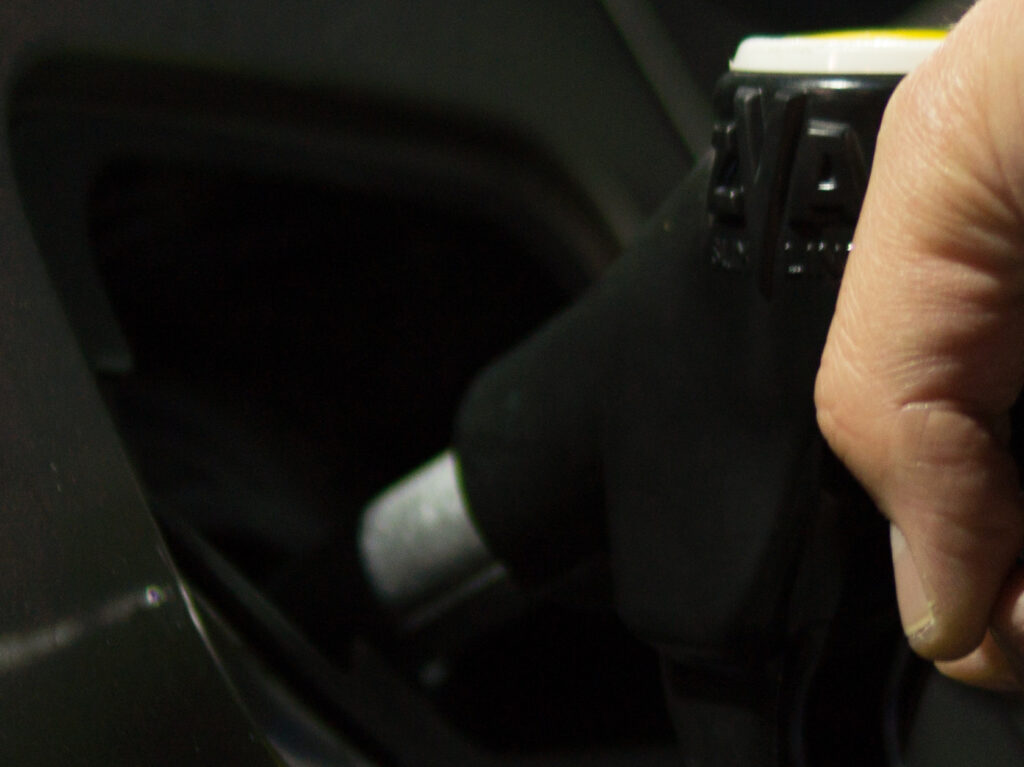How Green is LPG?

LPG gas conversion is becoming increasing popular for cars and ATVs. There are many reasons for this, the most common being a desire to save money on fuel.
However, LPG isn’t just a good choice for your wallet but also the environment! Compared to most fuels, LPG is a cleaner, greener option. But just how green is LPG? We take a look in our blog.
What is LPG?
LPG is short for liquid propane gas, a hydrocarbon gas that exists as a liquid when in canisters or tanks. For years, LPG has been a popular fuel for many appliances, including cooking, refrigerations and rural heating. However, it is becoming increasingly popular for use in vehicles, where it’s sometimes referred to as Autogas.
Comparing LPG to Petrol and Diesel
As the majority of decisions on LPG concern their use as a motor fuel, determining how green it is often means comparing it to traditional petrol and diesel.
It’s worth noting that LPG is still a fossil fuel. However, while there’s still some debate concerning how big a difference it makes, the consensus is that LPG offers a greener alternative compared to petrol or diesel.
The main reason for this is reduced CO2 emissions, with a reduction of around 15% compared to petrol.
However, emissions are more complicated than merely CO2. Carbon monoxide (CO) emissions are reduced compared to petrol, but some diesel engines produce lower CO emissions. Nitrous oxide (NO) outputs also tend to be decreased in LPG engines compared to petrol.

Other Eco Considerations
Noise pollution is another thing to consider, particularly when it comes to people living in urban areas. LPG engines tend to be notably quieter than diesel and petrol counterparts.
There’s also the long-term considerations for engines and vehicles that use LPG. LPG can help an engine perform for longer, but this is usually a result of the dual-fuel system, which reduces strain on individual components.
Compared to Other Fuels
Over the last few years, many environmentally-friendly fuel alternatives have arrived on the market. When it comes to cars, electric and hybrid vehicles are now more popular and offer more environmental benefits.
Other alternatives are also being designed, such as biofuels and hydrogen. Ultimately, these will provide even more environmental benefits, but until they’re widely produced and available, LPG represents a more suitable option.

In Conclusion
So, can LPG be classed as ‘green’? In today’s world of alternative fuels and renewable energy, LPG can’t really be called a green fuel in the real sense of the word.
However, as a feasible alternative to other fossil fuels, it certainly provides benefits that shouldn’t be understated. For cars, homes, cooking and more, LPG is better for the environment in most cases compared to other traditional methods. It’s also cheaper and can provide some long-term benefits, too.
If you’re interested in LPG conversion, why not check out our website? We stock a range of LPG conversion kits that work on a range of small engines. If you have any questions, get in contact with our team today.








